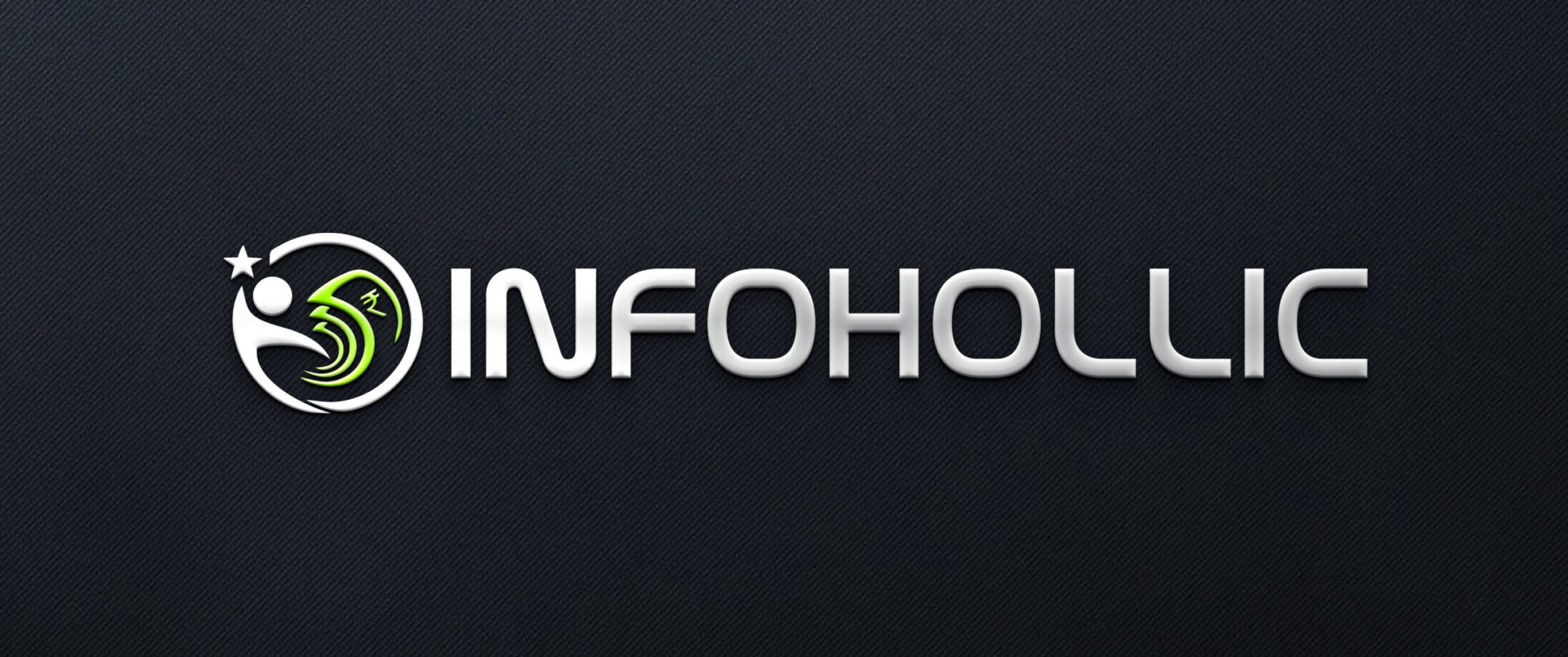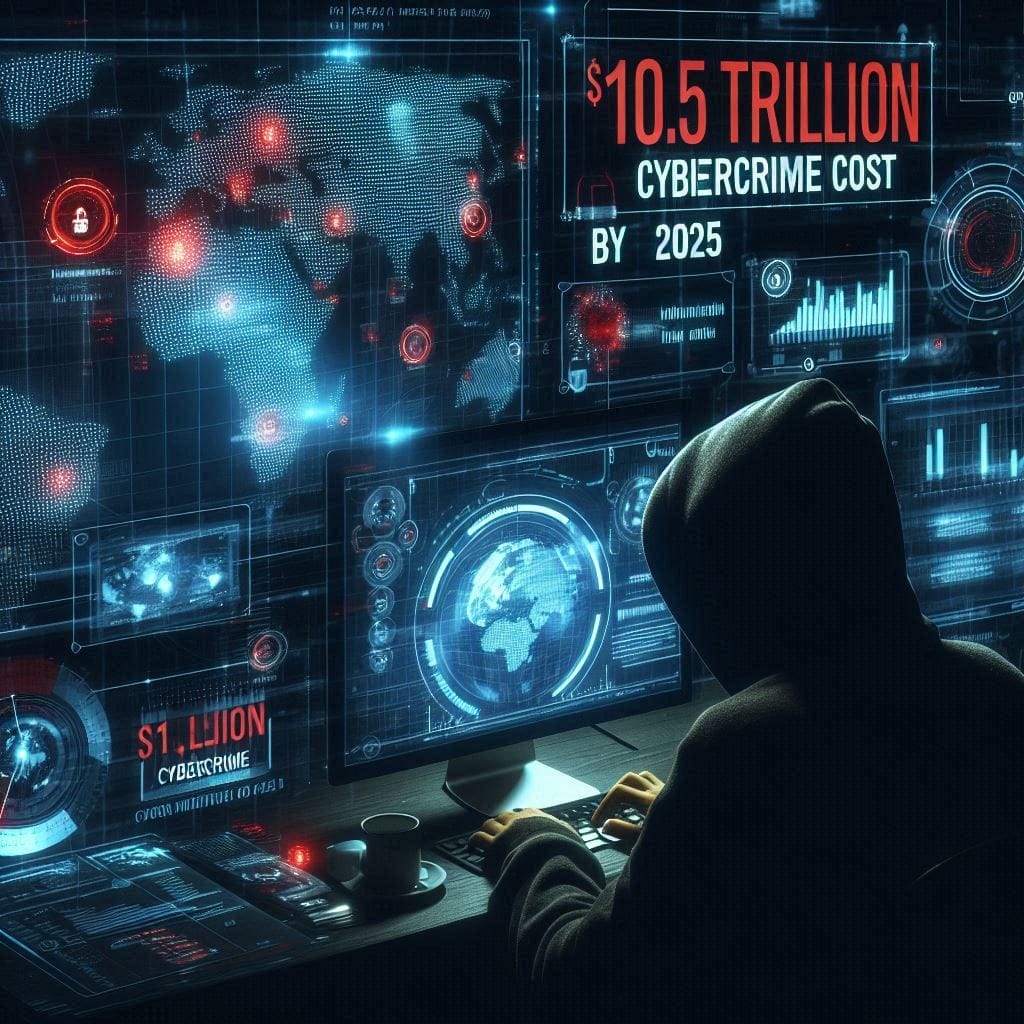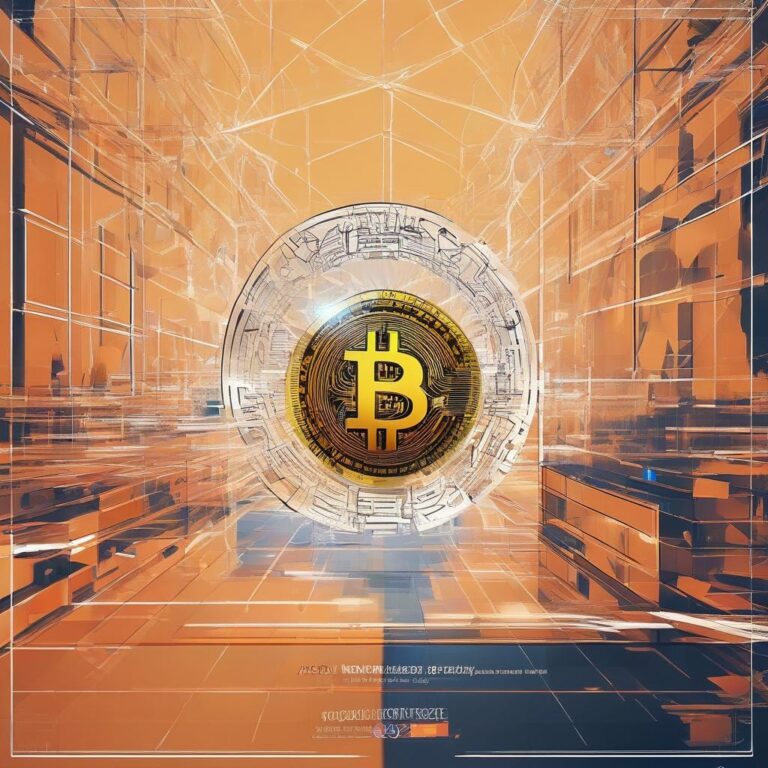How Blockchain is Revolutionizing Cybersecurity
Introduction
In today’s digital age, cybersecurity is more critical than ever. Cybercriminals are like the villains in a never-ending action movie, always finding new ways to wreak havoc. According to a recent report by Cybersecurity Ventures, cybercrime is expected to cost the world $10.5 trillion annually by 2025. Remember the Colonial Pipeline ransomware attack or the SolarWinds hack? Those were like the cyber equivalent of a bad hair day—epic and unavoidable. Enter blockchain technology, our new superhero, swooping in to save the day and transform the cybersecurity landscape.
The Role of Blockchain in Cybersecurity
Blockchain offers several features that make it a powerful tool for enhancing cybersecurity:
What is Blockchain Technology?
Picture blockchain as a digital ledger that’s distributed across many computers. It’s like a notebook where everyone writes the same notes simultaneously, making it impossible for anyone to sneak in and change a grade. This technology, best known for supporting cryptocurrencies like Bitcoin, is proving to be the Batman of the tech world, offering justice and security beyond just digital currencies.
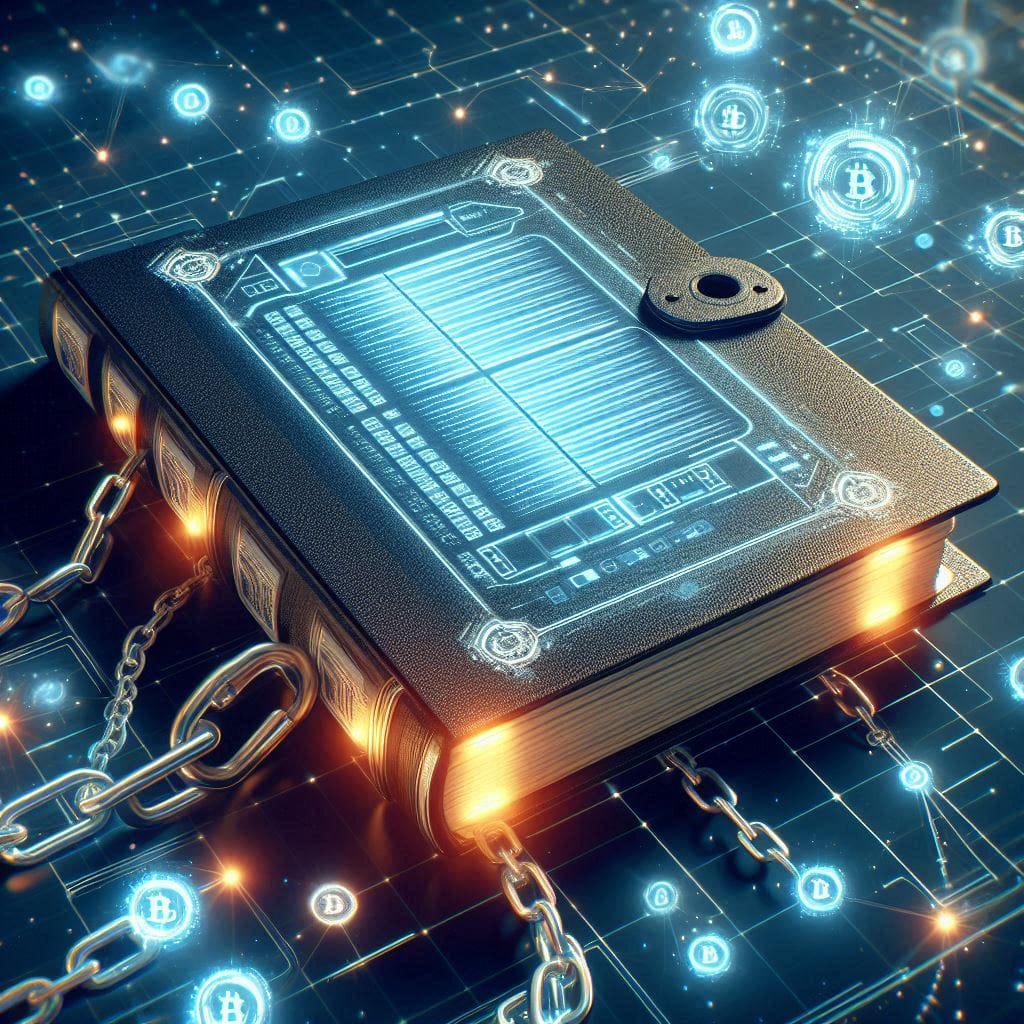
1. *Decentralization*
Unlike traditional centralized databases, blockchain’s decentralized nature makes it less vulnerable to hacking. It’s like storing your cookies in multiple jars around the house. Even if one jar is found and raided, the others remain safe and sound. No single point of failure means cybercriminals have a much harder time pulling off their dastardly deeds.
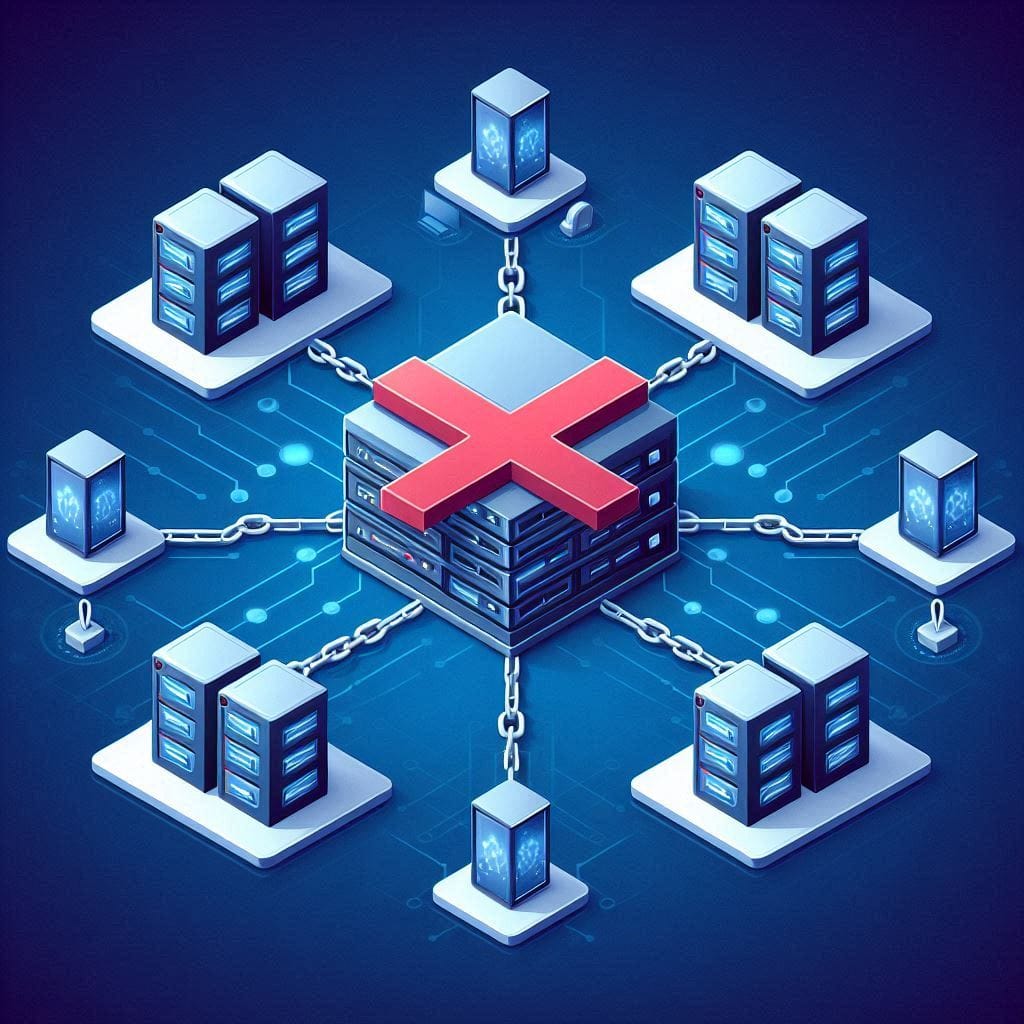
2. *Immutability*
Once a transaction is recorded on the blockchain, it cannot be altered or deleted. This immutability ensures data integrity and prevents tampering. Imagine if every time you wrote something in a diary, it magically became unchangeable. That’s blockchain for you—keeping secrets safe and untampered.
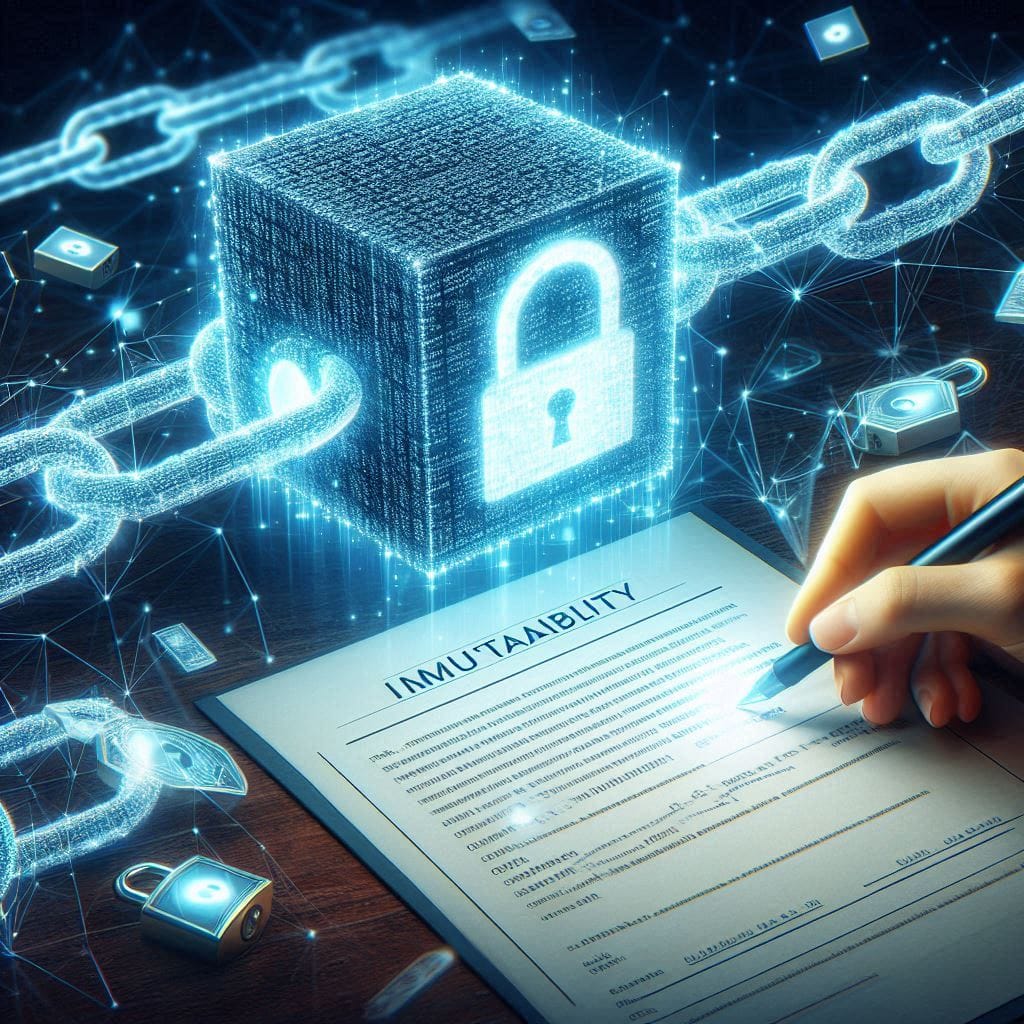
3. *Transparency and Traceability*
Blockchain provides a transparent and traceable system for recording transactions. Every change is logged and visible to all participants in the network, making it easier to detect and trace unauthorized access or alterations. It’s like having an all-seeing eye that catches every move—perfect for keeping sneaky hackers at bay.
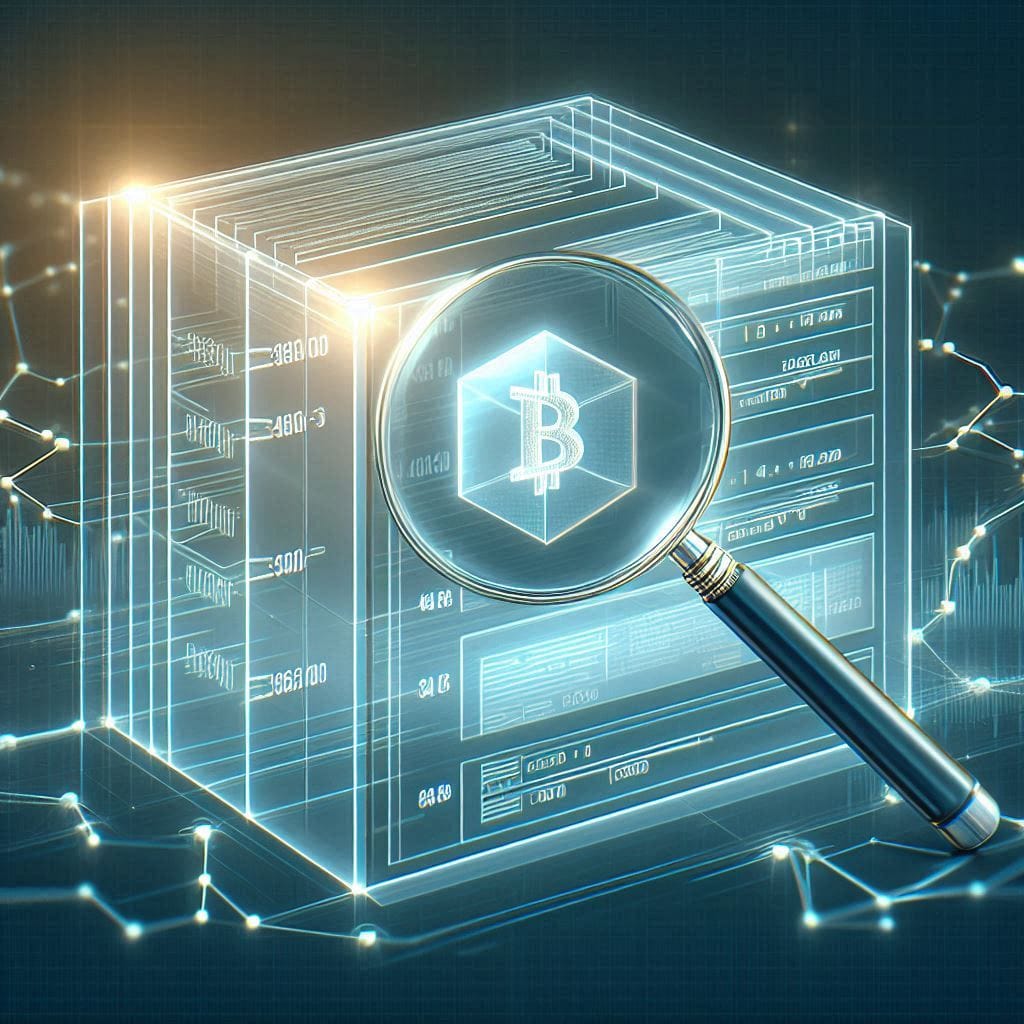
Applications of Blockchain in Cybersecurity
Blockchain can be applied in various aspects of cybersecurity, including:
1. *Identity Management*
Blockchain can enhance identity verification processes, reducing the risk of identity theft and fraud. By providing a secure and immutable record of identities, blockchain can streamline authentication processes. Imagine never having to remember a hundred different passwords again—blockchain’s got your back!
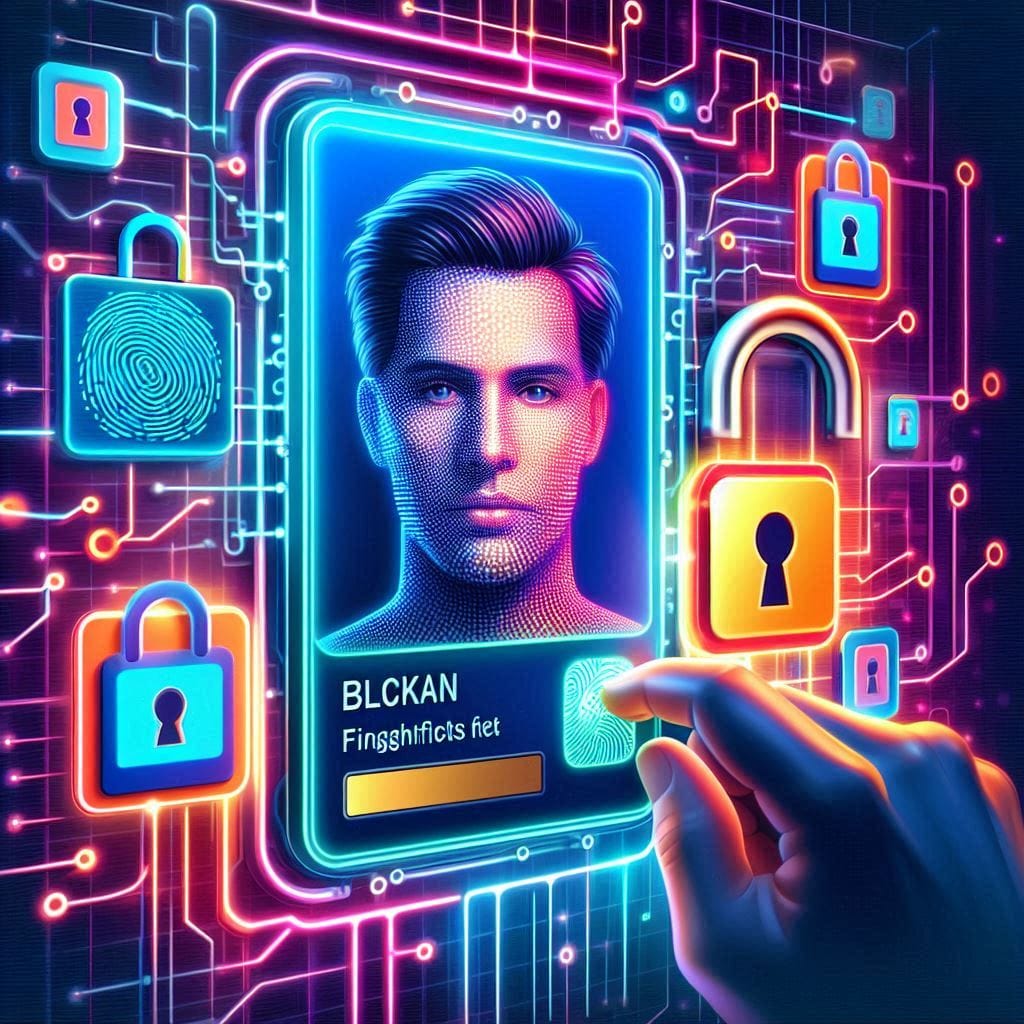
2. *Data Protection*
Blockchain’s encryption techniques can protect sensitive data from unauthorized access. It can secure data exchanges and ensure that data remains confidential and unaltered during transmission. Think of it as wrapping your data in an invisibility cloak—nobody can see it or tamper with it
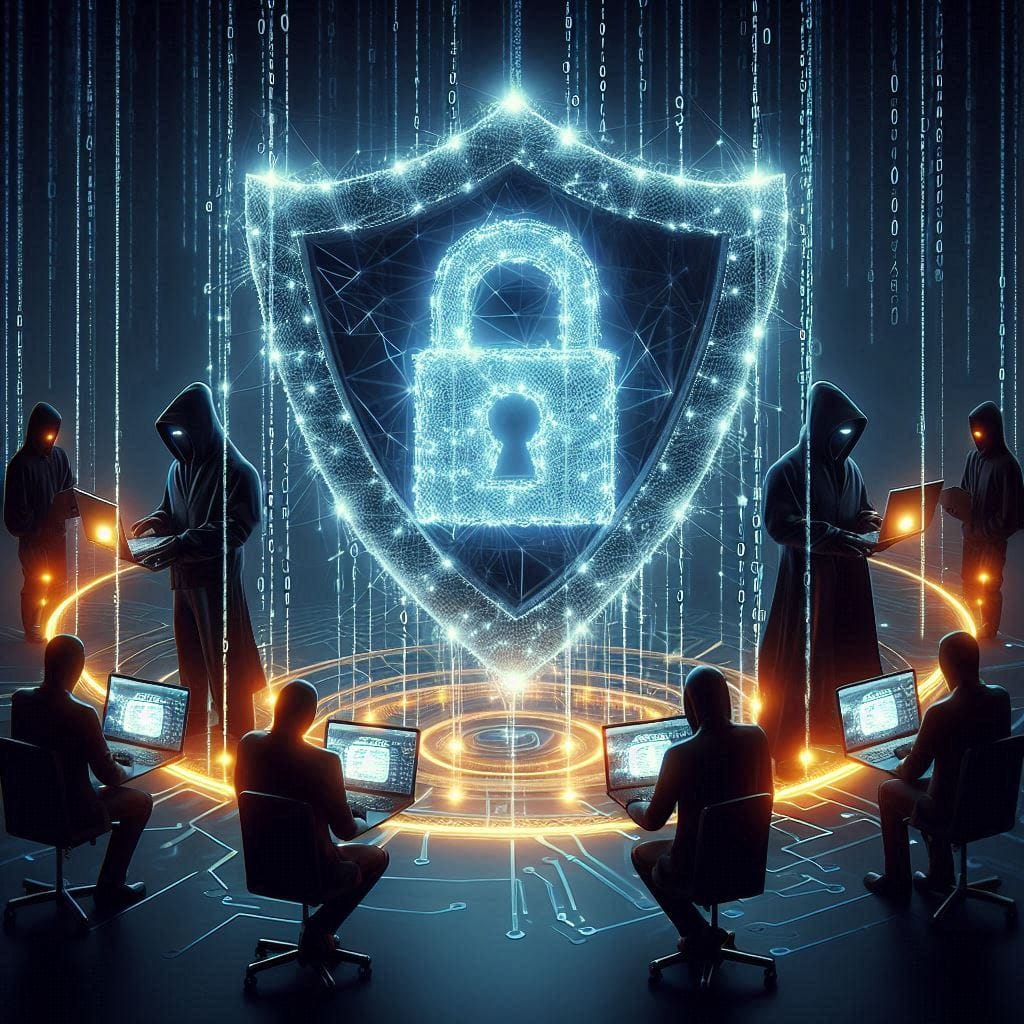
3. *Secure IoT Devices*
The Internet of Things (IoT) devices are often vulnerable to cyber attacks. Blockchain can provide a secure framework for IoT devices, ensuring secure communication and data integrity. Picture your smart fridge chatting securely with your smartphone about the milk running out—no eavesdroppers allowed!
Real-World Examples
Several organizations and industries are already leveraging blockchain technology to bolster their cybersecurity measures:
Financial Sector
Banks and financial institutions use blockchain for secure transactions and fraud prevention. For example, JPMorgan Chase developed the Quorum blockchain to enhance the security of its financial transactions, ensuring data integrity and reducing fraud. It’s like having Fort Knox-level security for every single transaction.
Healthcare
Blockchain secures patient records and ensures data privacy in the healthcare industry. For instance, MedRec uses blockchain to manage electronic medical records, providing secure and tamper-proof access to patient data. Think of it as a digital doctor’s office where only you and your doctor have the keys to the cabinet.
Supply Chain
Blockchain enhances the security and transparency of supply chain management. IBM’s Food Trust blockchain, for example, tracks the journey of food products from farm to table, ensuring data integrity and traceability. It’s like having a GPS for your veggies—knowing exactly where they’ve been and who handled them.
Challenges and Future Prospects
While blockchain holds great promise for cybersecurity, it is not without challenges:
*Scalability*:
– Current blockchain networks can struggle with high transaction volumes, leading to slower processing times. Solutions like sharding and off-chain transactions are being explored to address these issues. Imagine trying to fit an elephant into a Mini Cooper—blockchain needs a bigger car!
*Regulatory Issues*
The regulatory landscape for blockchain technology is still evolving. Clear guidelines and regulations are needed to ensure widespread adoption and integration. It’s like the wild west out there—lawmakers need to catch up with the cowboys.
*Widespread Adoption*:
For blockchain to truly revolutionize cybersecurity, it needs to be widely adopted across industries. This requires collaboration between technology providers, businesses, and regulatory bodies. Think of it as a team sport—everyone needs to play together to win.

Despite these challenges, the future of blockchain in cybersecurity looks promising. As technology continues to evolve, it is poised to play a critical role in safeguarding digital assets and data.
Conclusion
Blockchain technology is proving to be a game-changer in the field of cybersecurity. Its unique attributes of decentralization, immutability, and transparency make it a formidable tool against cyber threats. As more industries adopt blockchain, the future of cybersecurity looks increasingly secure. By leveraging blockchain, we can build a safer and more secure digital world. And who knows? Maybe one day, blockchain will be the superhero we never knew we needed, keeping our digital lives safe and sound.
